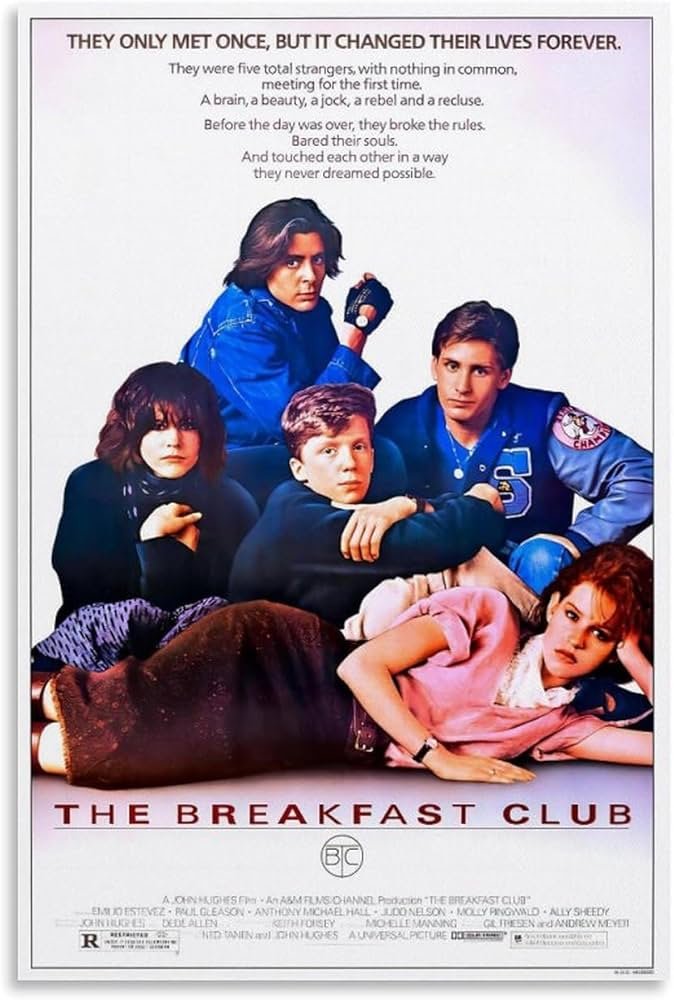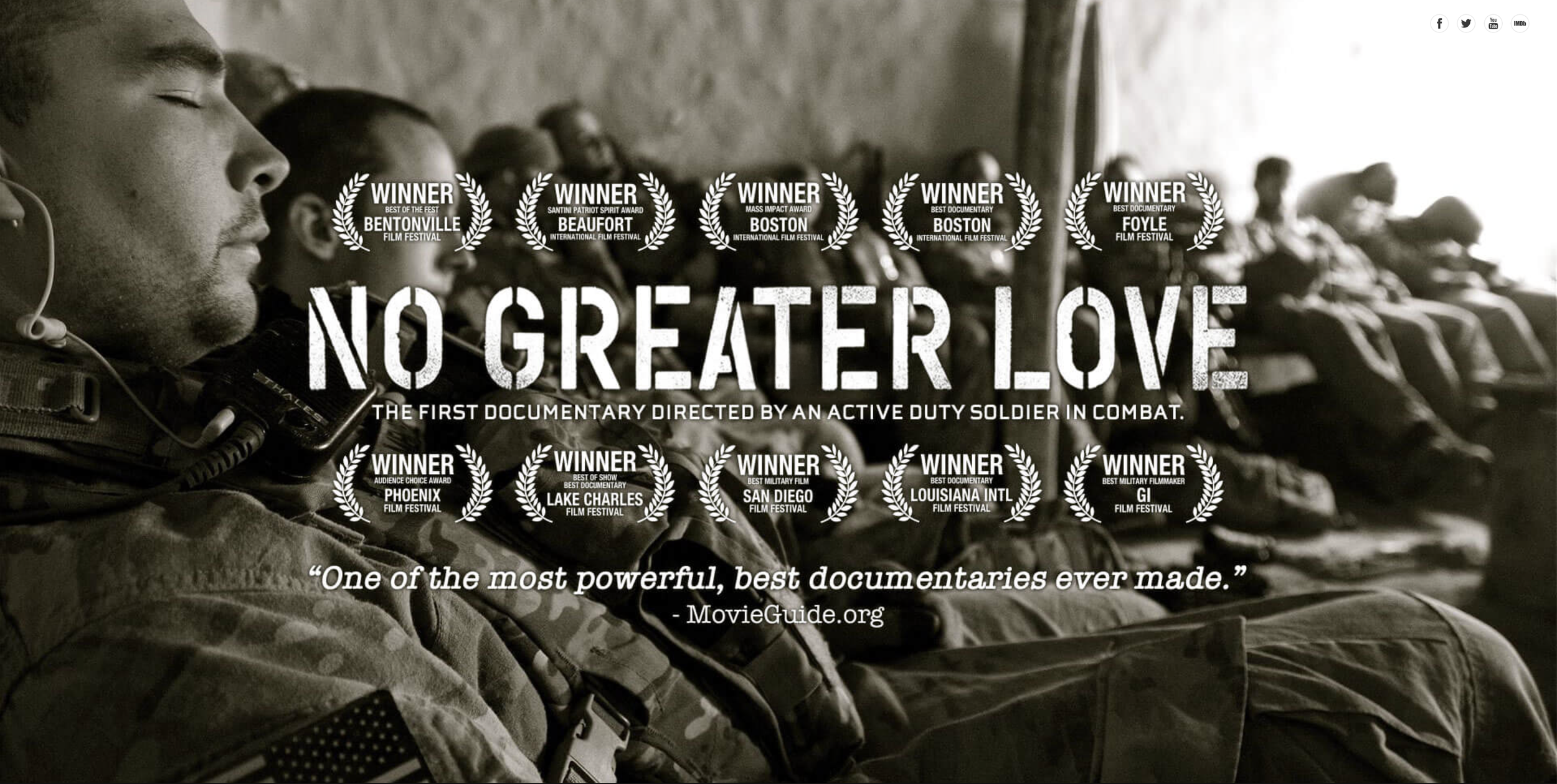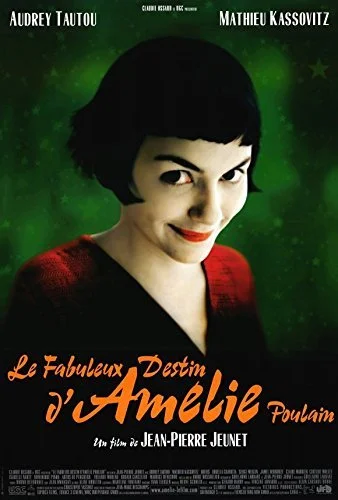Shankar Vedantam and NPR’s Hidden Brain podcast:
The value of local newspapers can hardly be overstated right now. We read our local papers to track the spread of COVID-19 in our states, and the availability of ICU beds at nearby hospitals. We read to get a sense of how nearby businesses are faring, and what nursing homes are doing to keep residents safe. More of us are reading more news all the time. But at the same time that readership is soaring, advertising revenue—which keeps newspapers financially afloat—is plummeting. As a result, a number of newspapers across the country are laying off workers, even shuttering. …
Whereas most of us treat newspapers like consumer products, new research from Paul Gao, Chang Lee, and Dermot Murphy suggests that they might be more like police departments. Gao, Lee, and Murphy looked at how newspaper closures might affect the cost of borrowing in local governments. What they found is a price tag that may give many taxpayers sticker shock.
This week on Hidden Brain, we look at an unusual case of what economists refer to as a free-rider problem. And we ask, who bears the cost when nobody wants to pay?














